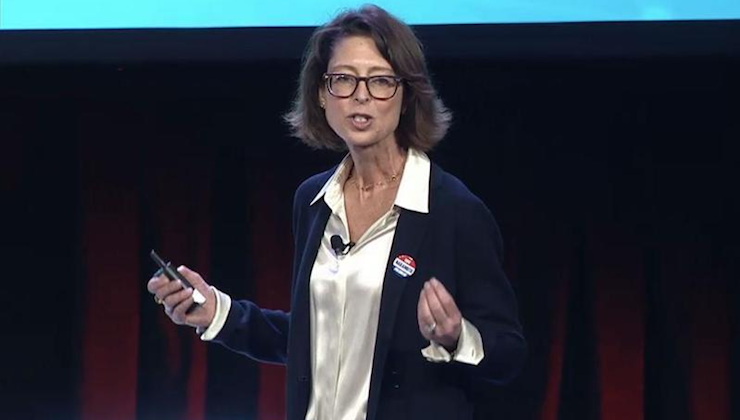Blockchain and Crypto
The year bitcoin was suddenly everywhere
- 2017 will go down as the year that bitcoin and cryptocurrency moved into the mainstream -- not in the sense that everyone owns and spends bitcoin, but in the global awareness and curiosity around it
- There's an obvious understanding gap when it comes to bitcoin and many are still learning what bitcoin is and how to treat it








